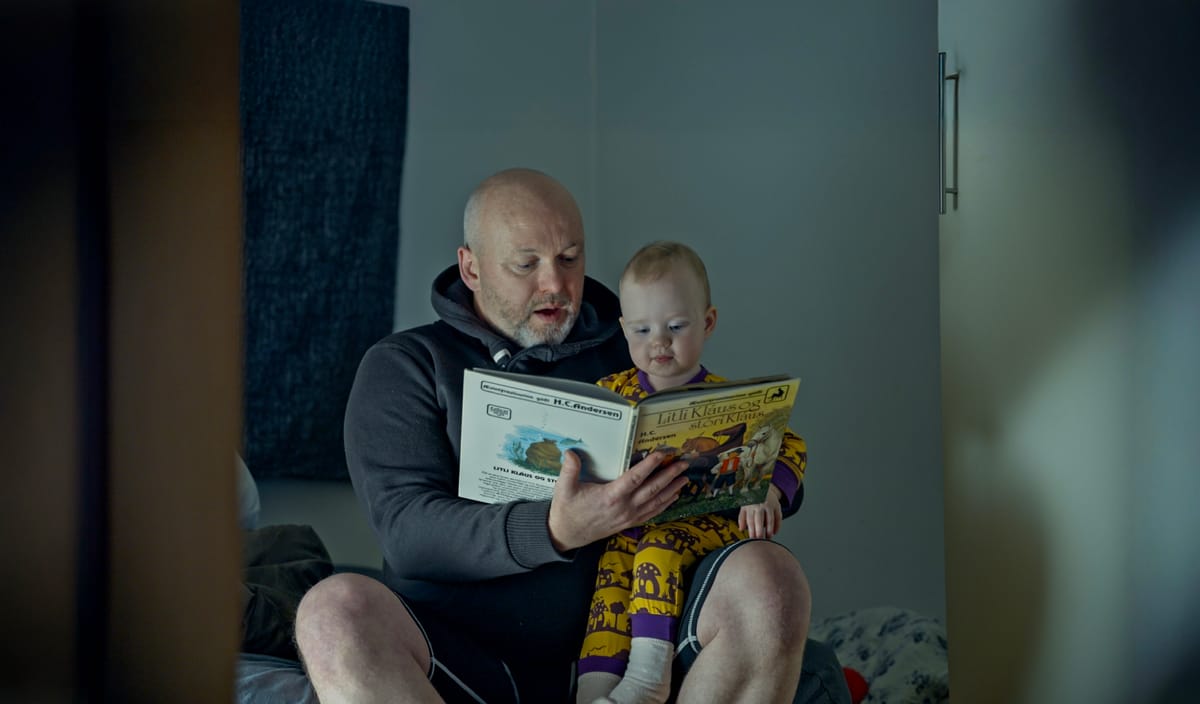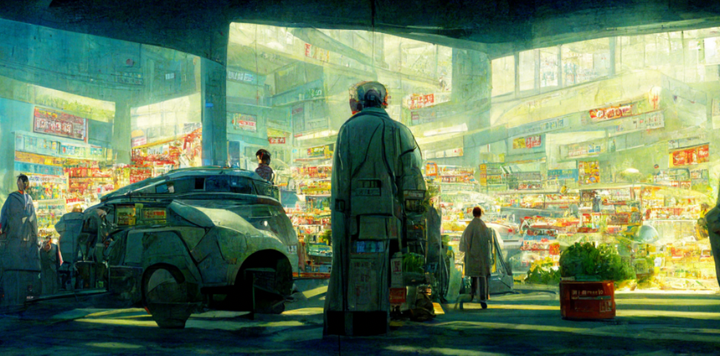A Father’s Race Against Time

It starts with toes in my nose.
Tiny, flinching toes, wedged between my cheek and the pillow, rousing me from a half-conscious state at some ungodly hour. I know the drill. My daughter, a sixteen-month-old with the sleep habits of an insomniac philosopher, has navigated the short but determined journey from her mattress on the floor to the warmest part of my bed—curled up against my stomach, a human comma in the sentence of my sleep.
At some point, I’ll lift her up, groggy and barefoot, and we’ll walk to the window to look for the moon. If it’s there, we’ll whisper to it. If it’s not, we’ll sit in the kitchen, splitting a Cherries piece, contemplating the mysteries of the darkened city. I she won't remember these moments. But I will.
And it hits me: How fast does all of this go? The Rush and the reckoning of it all. Life used to be about deadlines, messages, the gnawing anxiety of unfinished work. A hundred tabs open in my brain. But now, it’s about how quickly a toddler can learn to say half of the word cucumber in Icelandic. It’s about the way she cranes her neck at the sound of a bird, how she demands bedtime stories on repeat like she’s trying to etch them into memory.
There’s a cultural obsession with time: saving it, optimizing it, hacking it. The entire tech industry is built on the idea that we should be able to do more with less of it. And then of course what people who don't have children say and spray: (I was part of that group for 49 years) you make time for what you want to do. Nope. No one really tells you that the biggest challenge isn’t running out of time—it’s trying to keep up with it.
Last night, my daughter curled up beside me, her breathing slowing as she settled into sleep, her mind still buzzing from a trying to follow a Hans Christian Andersen story, mostly interested in the pictures of the cats — usually — This time, she wasn’t just hearing the words—she was waiting for them. She’d flip pages with me at an almost theatrical sense of anticipation, wanting the same scene again and again, like she was trying to time-travel back into the moment.
Somewhere between making breakfast for my niece, working on my new film class, and squeezing in a walk, I crossed paths with an old friend. Stephen Myers, a soft-spoken, sharp-minded filmmaker and kind in is aura, out walking his Border Collie, Lucy. We stopped. Talked. Nothing profound, just catching up, and with perfect timing, my daugther woke up exchanging love at first sight with Lucy.
And in that moment, I realized something: The fastest-moving parts of life aren’t measured in seconds, but in shifts—the gradual change of seasons, the sudden jump from one stage to another. The fact that my daughter is speaking more. The fact that she now asks to sit beside me while I do bookkeeping, scribbling in her coloring book while I try to make sense of spreadsheets.
She’s sixteen and a half months old. Soon, she’ll be three. Then five. Then ten. There’s no notification ping for these milestones. No reminder to tell you: Hey, this is a moment you’ll miss one day. You'll have to ping yourself.
That evening, she played a game she loves. She pretended to sleep, commanding me to leave the room. The second I stepped back in, she’d sit up, eyes wide, a mischievous grin spreading across her face, like she was saying “Guess what, Daddy? I’m not asleep.” It’s such a simple, ridiculous game. But isn’t that what we’re all doing? Pretending we have time, then jolting awake, realizing how much of it has already passed.
Maybe we never catch up to time. Maybe we’re not supposed to. Maybe the point is to slow down long enough to notice when it’s flinching its tiny toes against our face, waking us up to what really matters.



Comments ()